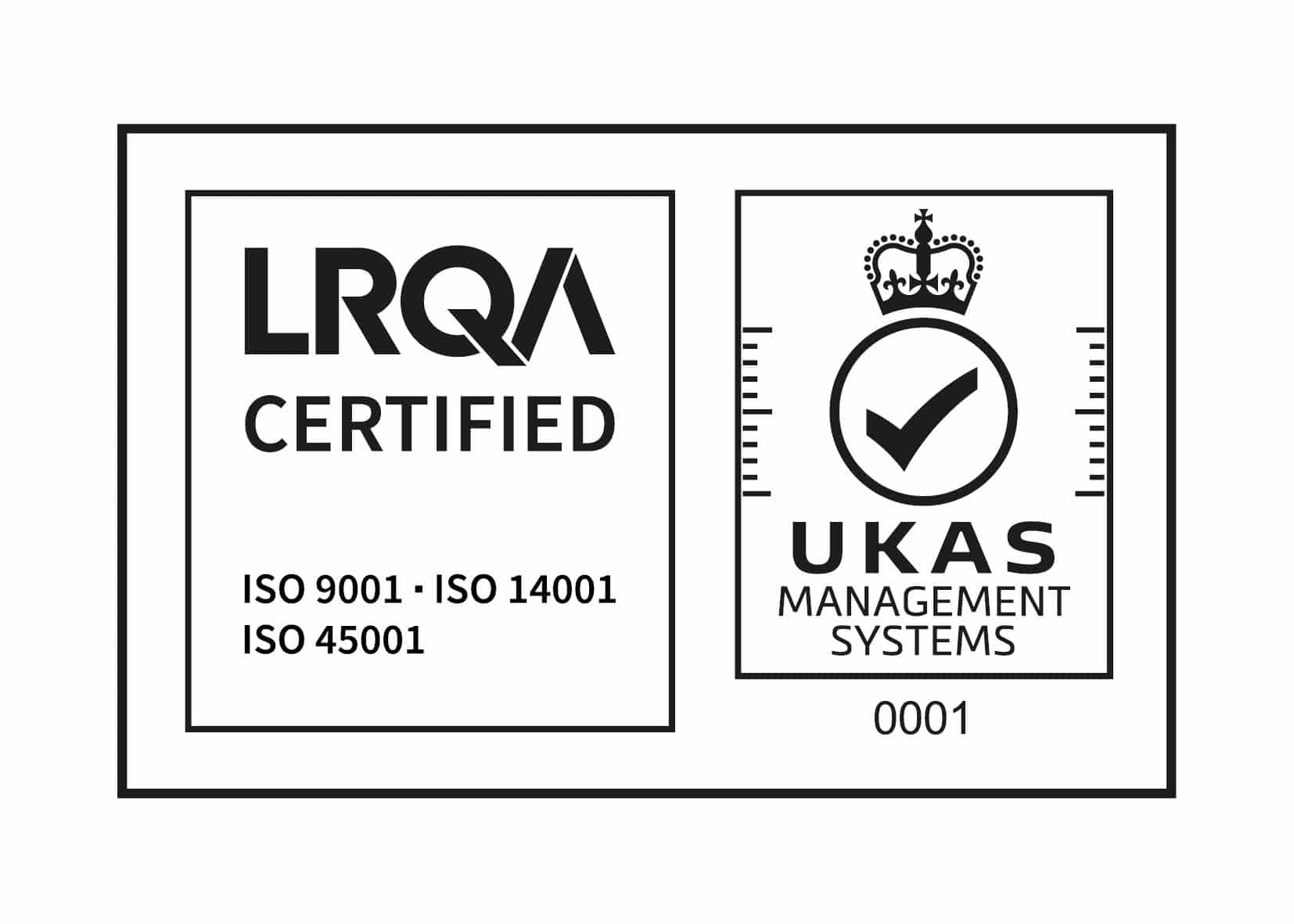What is Water Quality?
Water quality refers to the condition and characteristics of water that determine its suitability for various uses and the health of aquatic ecosystems. It encompasses the chemical, physical, and biological properties of water and the presence of contaminants and pollutants. Monitoring and maintaining good water quality is crucial for human health, ecosystem sustainability, and the overall well-being of communities.
In natural water bodies such as lakes, rivers, and oceans, various factors can influence water quality. These include natural processes like weathering, erosion, and biological interactions, as well as human activities such as industrial discharges, agricultural runoff, and improper waste disposal. Contaminants commonly found in water include organic and inorganic substances, pathogens, heavy metals, pesticides, and nutrients like nitrogen and phosphorus.
Measuring and assessing water quality involves analyzing multiple parameters, including temperature, pH, dissolved oxygen levels, turbidity, conductivity, nutrient concentrations, and specific pollutants. This data helps scientists and environmental agencies understand the health of water ecosystems, identify sources of contamination, and develop appropriate management strategies.
Contaminated water can pose serious risks to human health when consumed or used for bathing and irrigation. It can lead to waterborne diseases, reproductive problems, and long-term health issues. Additionally, aquatic organisms and ecosystems can suffer detrimental effects, such as reduced biodiversity, habitat degradation, and the decline of sensitive species.
Read more about Water Quality:


